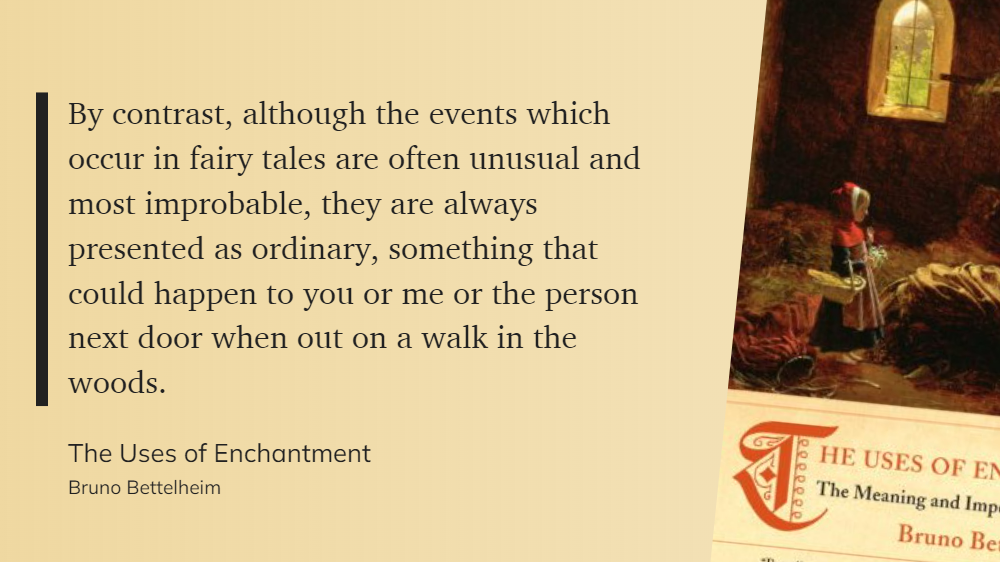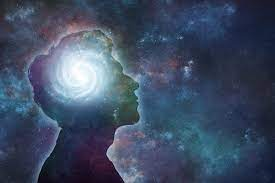The idea of the socializing and conditioning of children which occurs facilitated by the culture the child grows up in, of which parents are only one factor among many, is significant in understanding human development.
A confluence of topics dealing with mental health, substance abuse, health, public health, Social Work, education, politics, the humanities, and spirituality at the micro, mezzo, and macro levels. In short, this blog is devoted to the improvement of the quality of life of human beings in the universe.
Monday, November 7, 2022
Generational cohorts and the differentiation of self
The idea of the socializing and conditioning of children which occurs facilitated by the culture the child grows up in, of which parents are only one factor among many, is significant in understanding human development.
Thursday, November 3, 2022
Your thought system generates the world you see.
There are many ideas to unpack in the preface to the book, "Who's really driving your bus today?" These ideas can be considered as generated by a thought system. Thought systems can be constructive and helpful to the welfare of homo sapiens, or destructive and harmful to homo sapiens. It might be interesting to take the ideas one at a time.
The first idea described in your preface is “The 21st century has been a time of profound challenge to cultural and personal peace in America. These challenges have impacted our core sense of reality in significant ways. Political polarization has left the two extremes in mortal combat, leading moderation to be attacked by both sides. Each side presents different “Truth”. There has been a growing intolerance and demand for “political correctness“ that leads to superficial soundbites."
Monday, October 31, 2022
The Power of Stories
Sunday, October 30, 2022
What is the goal of psychotherapy?
Along with this idea is the one that the presenting complaint is not the real complaint. The presenting complaint is just the ticket of admission. The presenting complaint is what the client thinks they are supposed to say, based on their socialization, which makes them an appropriate candidate for psychotherapeutic service.
If you ask most people “What makes you tick?” They become perplexed, annoyed, and defensive. It is in this question that psychotherapy begins.
Psychotherapy is not the same thing as “counseling” and “life coaching” and “emotional management skill training.” Psychotherapy is a much more significant, challenging, and revealing journey into the self.
On this journey what will one eventually find? Our Transcendent Source. The basis of our Divinity.
Wednesday, September 7, 2022
What is the experience of experience called?
At the core of IIT is a single measure called “Φ” (the Greek letter phi, pronounced fy). The easiest way to think about Φ is that it measures how much a system is “more than the sum” of its parts, in terms of information. How can a system be more than the sum of its parts? A flock of birds provides a loose analogy: the flock seems to be more than the sum of the birds that make it up—it seems to have a “life of its own.”
…..
In IIT, Φ measures the amount of information a system generates “as a whole,” over and above the amount of information generated by its parts independently. This underpins the main claim of the theory, which is that a system is conscious to the extent that its whole generates more information than its parts.
Seth, Anil. Being You (p. 64). Penguin Publishing Group. Kindle Edition.
Our usual way of thinking is cause and effect. In Western Civilization we tend to view and understand our experience of the world in a linear and reductive way. Seth’s idea of consciousness is a systems view, the whole is greater than the sum of its parts and it is this “greater than” that contributes to consciousness.
This idea of the whole being greater than the sum of its parts is a primary concept in family therapy where the dynamics of the family system, the roles and rules that govern its functioning, is the frame of reference and focus of perception and apprehension.
From this perspective one might ask “What kind of a family is this?” and “To what extent are they aware of how the system they participate in functions?” In other words, to what extent are members of the family conscious of its existence as a family unit and not just a collection of individuals?
A working definition of consciousness might be “the experience of experience.” The experience of experience is what Seth is naming “Phi.” Phi, claims Seth, is the measure of consciousness.
Monday, September 5, 2022
Being You, the book by Anil Seth
This month there will be a series of articles about Anil Seth's book, Being You: A New Science Of Consciousness.
Consciousness is usually thought of as a uniquely human phenomenon not shared with other living species. And yet, if one is asked what consciousness is, few could give a coherent response.
My definition at this point is "your experience of your experience." I have called it the "witness". A friend calls it the "observer."
The witness or the observer seems to be more highly developed in some people than in others. Ken Wilber, the Integral philosopher, and others teach the there are levels to consciousness.
Follow along this month as we explore the concept of consciousness.
This book is about the neuroscience of consciousness: the attempt to understand how the inner universe of subjective experience relates to, and can be explained in terms of, biological and physical processes unfolding in brains and bodies.
Seth, Anil. Being You (p. 5). Penguin Publishing Group. Kindle Edition.
Which do we value more in our society: the body or the soul?
The body is the container for the soul, the life force, the consciousness. The word for it without the soul is "corpse." However, the body is more than just a container, it is a generator. As Seth points out the body is more than just a mechanical computer, it is a chemical machine. "I use the word “wetware” to underline that brains are not computers made of meat. They are chemical machines as much as they are electrical networks." Seth, Anil. Being You (p. 6). Penguin Publishing Group. Kindle Edition.


